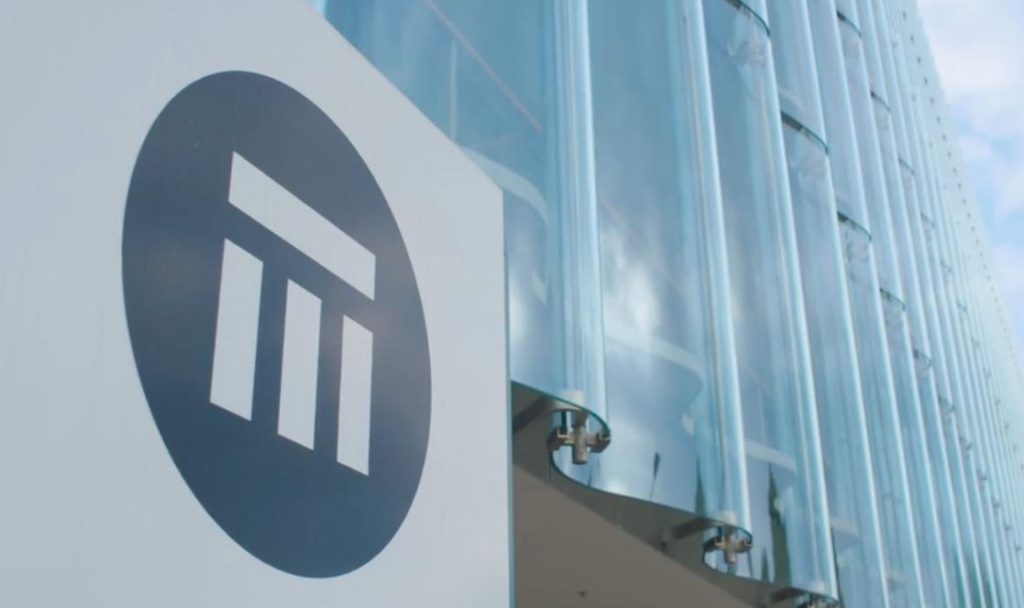Zurich-based insurance and reinsurance company Swiss Re announced that it will no longer pursues Science Based Targets initiative (SBTi) validation for its climate targets, although the firm stated that its sustainability strategy remains unchanged – including its goal to reach net zero greenhouse gas (GHG) emissions by 2050.
Swiss Re initially set a commitment to the SBTi in 2019 to reach group-wide net zero GHG emissions by 2050.
The announcement by Swiss Re follows the recent launch of a campaign by anti-ESG politicians in the U.S. warning the SBTi and its financial sector participants about potential violations of antitrust, consumer protection and other laws from participation in the net zero group, after the SBTi’s release of its Financial Institutions Net-Zero (FINZ) Standard.
Released in July, the new FINZ Standard is aimed at enabling financial firms to set net zero-aligned targets for their lending, investing, insurance and capital markets activities. Among the key requirements set out for financial institutions to achieve goals aligned with the new standard is the publication of a “fossil fuel transparency policy,” requiring financial institutions to publish policies to immediately end project finance explicitly linked to fossil fuel expansion activities and general purpose finance of companies involved in coal expansion, end general purpose finance to oil and gas companies involved in expansion by 2030, and to transition portfolio energy activities to net zero by 2050.
In August, 23 U.S. State Attorneys General published a letter citing “grave concerns about these types of arrangements and commitments,” and warning that the SBTi, and financial institutions that commit to the SBTi standards “risk violating federal and state antitrust laws as well as state consumer protection laws” by implicitly colluding “to cut off funding and insurance to the oil and gas industry.”
In its new statement, Swiss Re did not provide an explicit reason for its decision to pursue its sustainability goals without SBTi validation. The company has set an ambition to reach net zero in underwriting by 2050, and announced in 2023 a series of near- and medium-term targets to increase the share of companies aligned to net zero by 2050 in its single risk re/insurance portfolios. Earlier this year, Swiss Re published a Climate Transition Plan, which reiterated its 2050 net zero underwriting goal, as well as its interim goals, including commitments to have 50% by 2025, and 100% by 2030 of gross written premiums from oil and gas producers in its single-risk property and general liability portfolios to come from companies committed to align to net zero by 2050. In an email to ESG Today, a Swiss Re spokesperson confirmed that the firm’s sustainability strategy remains unchanged.
In its statement announcing the change, Swiss Re said:
“With its Climate Transition Plan, Swiss Re has set interim milestones on the path to net-zero. Our focus now is on further implementing our sustainability strategy and supporting our clients in their net-zero journey through this highly dynamic environment.”

